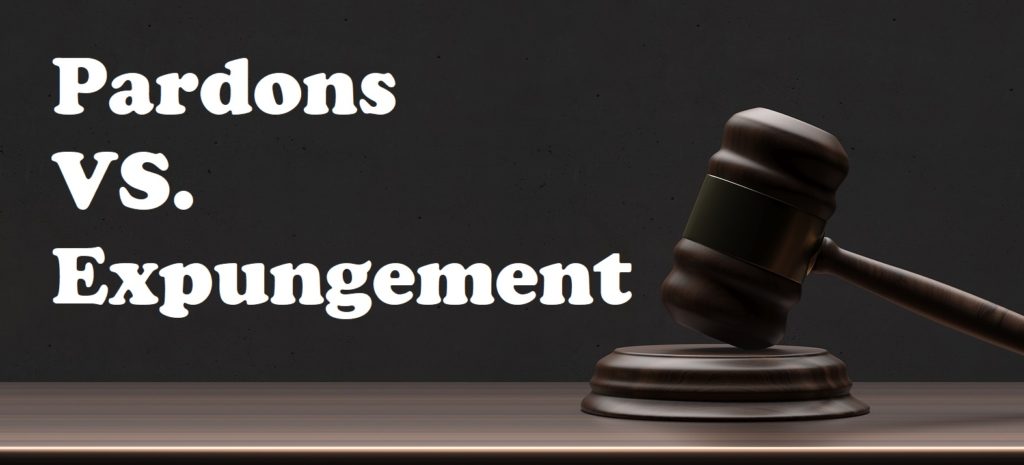Laws are passed every day in states all across the country. But, if you are a past offender, or someone who has an arrest on their permanent record, Indiana’s Second Chance law is something you should pay closer attention to. One of the most common misunderstandings about criminal record expungement is what it actually does for a person. Many make the mistake of assuming that expunging a criminal record is the same as being granted a pardon. Unfortunately, they are not the same thing.
Continue reading to learn what a criminal pardon is, and how it differs from the criminal record expungement process.

What is a Criminal Pardon?
A criminal pardon is totally different from criminal record expungement. However, it is no surprise that many people confuse the two, as they have many similarities. Regardless of their parallels, they are different types of laws and legal principles. A legal pardon is the government’s way of forgiving a person for their crime or crimes. Depending on the state, if an individual has an offense pardoned by the government, it will most likely still show up on public databases, like standard background checks, but it will also reveal that the individual was pardoned for the incident.
What is Criminal Record Expungement?
In dissimilarity to being pardoned for a crime, criminal record expungement does not “excuse” or “forgive” an individual for the crimes they’ve committed. Instead, the crimes are treated as though they never happened. It is a classic case of forgive or forget, where pardons are “forgiving” and expungement is “forgetting.” When a person has their arrest records expunged, they no longer show up on public databases, and they are no longer penalized for their past criminal history. They are free to apply for jobs, bank loans, apartments, professional licenses, and more.
After expunging criminal records, a person can legally deny any past arrests or charges to employers, landlords, and more. But there are certain limitations too, and for those who wish to conceal their arrest records, it is in their best interest to learn these restrictions ahead of time by talking to a licensed criminal defense lawyer who specializes in expungement.
How to Expunge Criminal Records
Filing for expungement on your own is never advised because the process is very complicated and confusing for someone unfamiliar with state laws and procedures. On top of all the documents and papers that require proper filing, people filing can expect many more pitfalls and deadlines. In fact, one of the rules to expunging a criminal record is that a person can only file ONCE IN A LIFETIME.
If a spelling error or similar minor mistake is made during the filing process, it could revoke your chance to expunge your criminal record, forever. For this reason, you need a licensed criminal defense lawyer who is well-versed and experienced with the new expungement laws to help you with every aspect of filing, paperwork, deadlines, and more, and ensure your petition is managed correctly.
Are you ready to take advantage of Indiana’s Second Chance Law this year? Contact our esteemed lawyers for affordable criminal record expungement services in Indianapolis, Indiana. Fees start as low as $850 and consultations are free.
You Might Also Read:
Who Can Grant Criminal Pardons in the United States?
Can Guilty Pleas Be Appealed?
When Should I Apply for Criminal Record Expungement?

